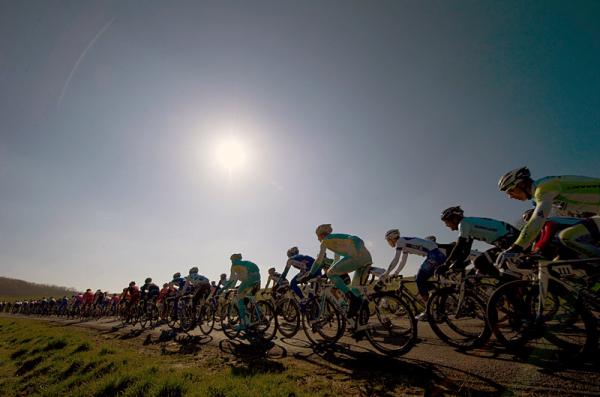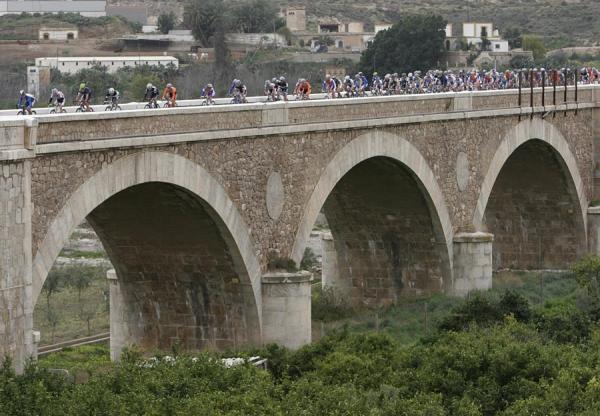MPCC calls for teams to be punished in doping cases
Movement seeks four-year bans for "heavy" products



The Movement for Credible Cycling (MPCC) has outlined a number of proposals in the fight against doping that would see the teams of riders who test positive face punishment as well as the riders themselves. There is currently no formally regulated sanction against teams who are hit by doping scandals.
The MPCC is made up of the Ag2r-La Mondiale, Bretagne-Schuller, Cofidis, Europcar, FDJ, Garmin-Cervélo and Skil-Shimano teams, and according to Le Monde, the group has called on the UCI to take positive doping cases into formal consideration when evaluating a team’s application for ProTeam status.
Currently, the UCI states that “ethical criteria” are part of its assessment of ProTeam applications, but the precise nature of these criteria has not been made public. The MPCC has requested that a clear points system regarding doping cases be implemented in order to make the process more transparent.
The MPCC has also proposed that the UCI ranking points of a rider who has come back from a doping suspension should not be counted towards a team’s total during the first two seasons of his return to competition.
If such a system were in place, among other instances, Vacansoleil-DCM would not have been able to tally Riccardo Riccò’s points in its total for its 2011 WorldTour application, nor would Liquigas-Cannondale have been able to count on Ivan Basso’s haul of points from the 2010 Giro d’Italia.
As well as new measures to punish the teams of doped riders, the MPCC has called for heavier sanctions for riders themselves when they test positive for what it terms as “heavy” doping techniques. In the case of positive tests for products and practices such as EPO, growth hormone and blood transfusions, the movement would like the current two-year ban to be increased to four - a measure that UCI president Pat McQuaid also supports.
Furthermore, the MPCC is strongly in favour of the possibility of the UCI introducing a no needle policy to cycling as a whole. Garmin-Cervélo doctor Prentice Steffen explained to Cyclingnews on Wednesday that such a policy has existed in his team since 2008.
Get The Leadout Newsletter
The latest race content, interviews, features, reviews and expert buying guides, direct to your inbox!

Barry Ryan was Head of Features at Cyclingnews. He has covered professional cycling since 2010, reporting from the Tour de France, Giro d’Italia and events from Argentina to Japan. His writing has appeared in The Independent, Procycling and Cycling Plus. He is the author of The Ascent: Sean Kelly, Stephen Roche and the Rise of Irish Cycling’s Golden Generation, published by Gill Books.